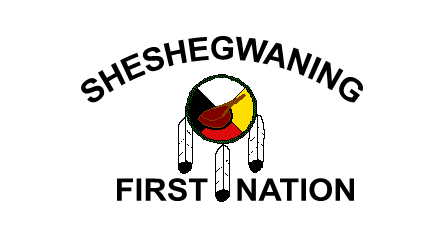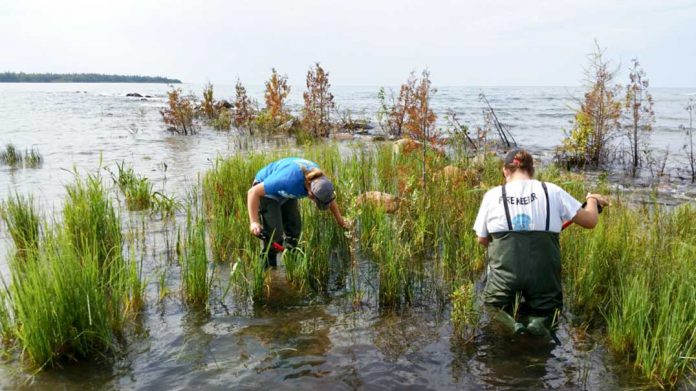SHESHEGWANING – Members of the Sheshegwaning First Nation have voted yes to the Sheshegwaning Land Code and individual agreement.
“On June 15, 2019, with a 69 percent approval rate, the members of Sheshegwaning First Nation voted yes on the Sheshegwaning Land Code, becoming the first community on Manitoulin Island to pass a Land Code and the 85th across Canada,” said Nancy Cada, land code co-ordinator. “On this historic day, the members gave clear direction that Canada should no longer be managing Sheshegwaning lands and the decision-making powers are returned to the community.”
Ms. Cada explained, “we have been working on the land code since May 2017; chief and council entered into the framework agreement and they signed the First Nation Land Management Act on May 8, 2018 and have been working on their land code since. With a committee and numerous community engagement sessions and feedback, the land code truly is a document developed by the membership at a grassroots level.”
“The Sheshegwaning First Nation Land Code replaces 44 land-related sections of the Indian Act. The land code will allow Sheshegwaning First Nation to draft laws that address its own community needs while maintaining its culture, traditions and ways of doing things,” the release notes.
“Throughout the process we have been in consultation with the community on the land code,” continued Ms. Cada. “This land code will allow draft laws to address the community needs relating to land.” With this yes vote, Sheshegwaning now has its own land code, the community decides what to do with their lands—instead of this going to the government for a decision.
Ms. Cada stressed the decision-making will include all members of the Sheshegwaning community, those residing on the First Nation currently and all those band members living around Canada.
“For our First Nation, it was important to regain control of our lands and resources in order to maintain our land base, preserve our resources and protect the environment. A land code developed under the framework agreement will allow us to fill in the regulatory gaps.”
“Every one of the community members had the opportunity to vote on the land code; there was a 69 percent approval, 65 votes in favour and 29 against,” said Ms. Cada. “So this is now in place, and the next step is to make it operational. Now community member consultation will take place to look at what members’ priorities are, then the process of starting to put in legislation that the majority of community members want to see in place (under the land code). We will now be starting the next step,” she said, cautioning that because not all community members reside in Sheshegwaning First Nation currently, “it will take time.”





